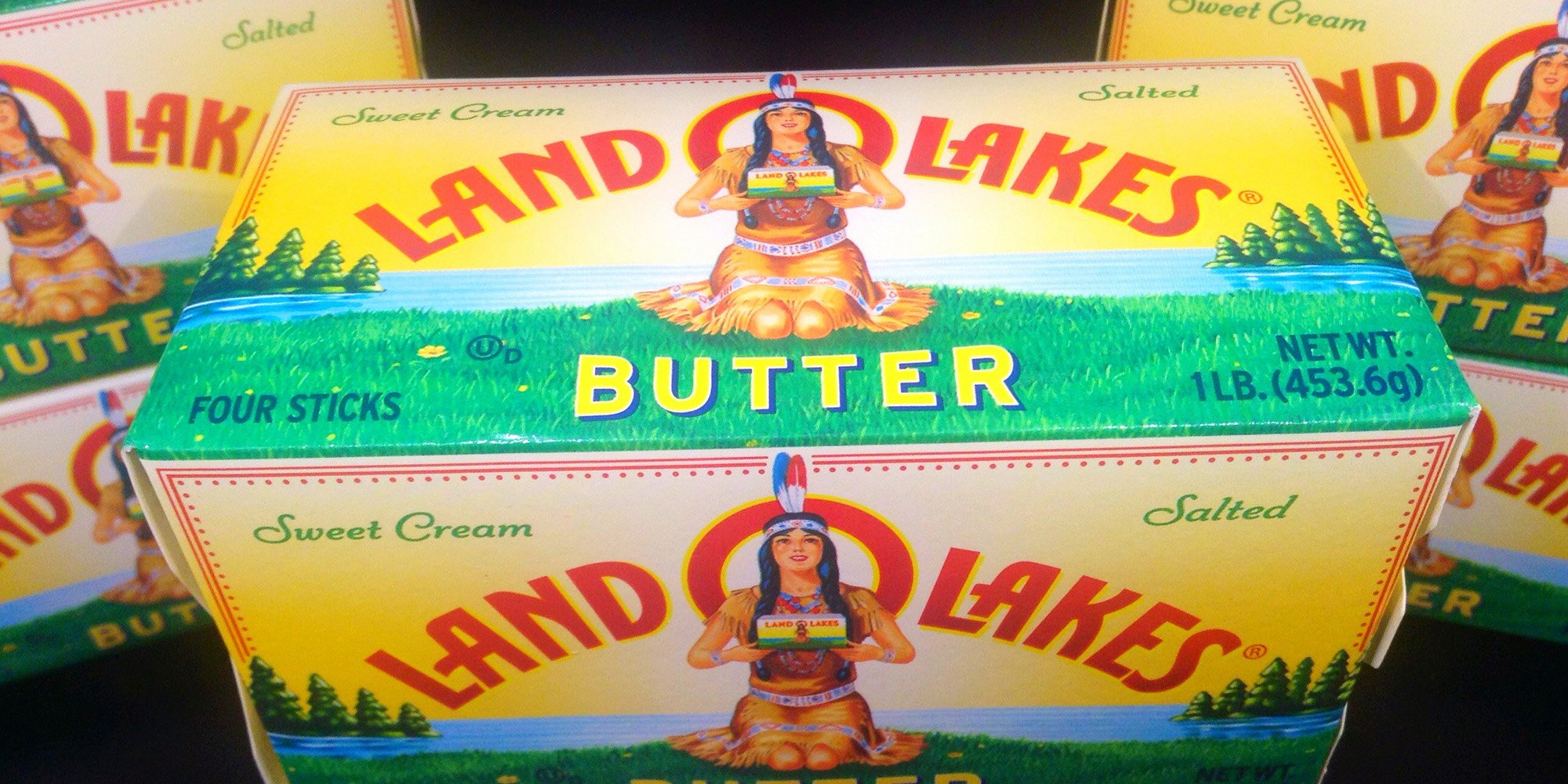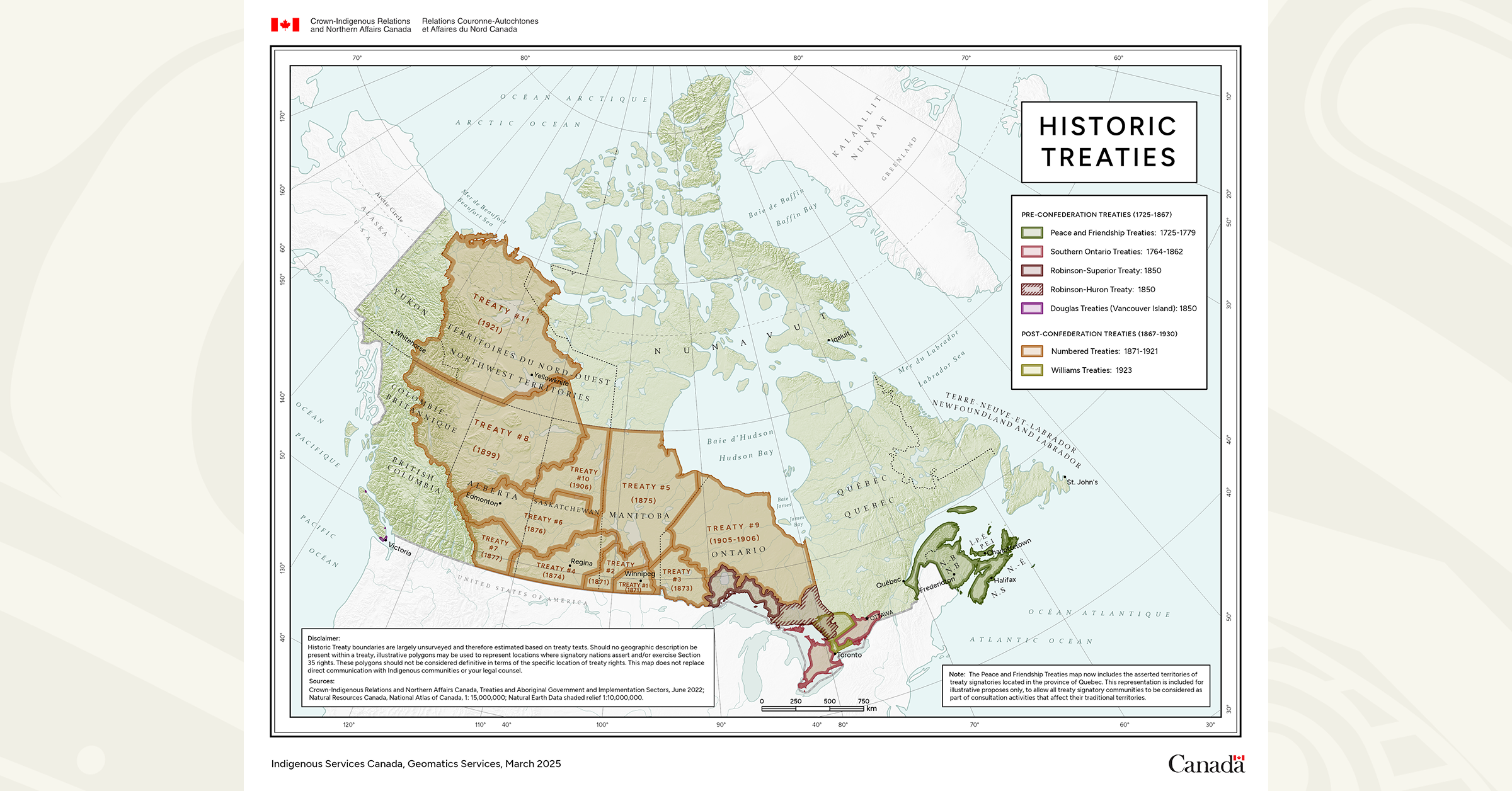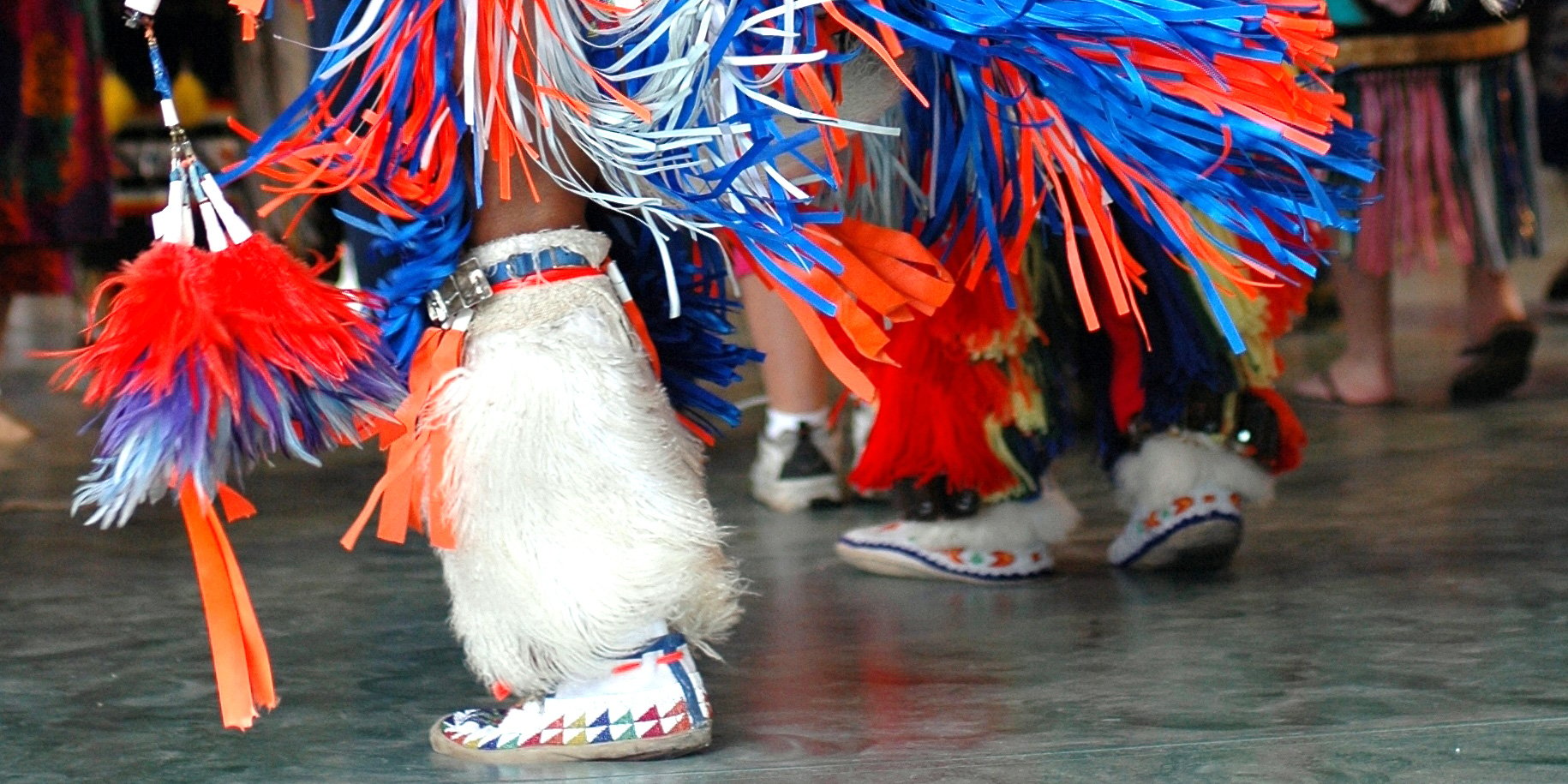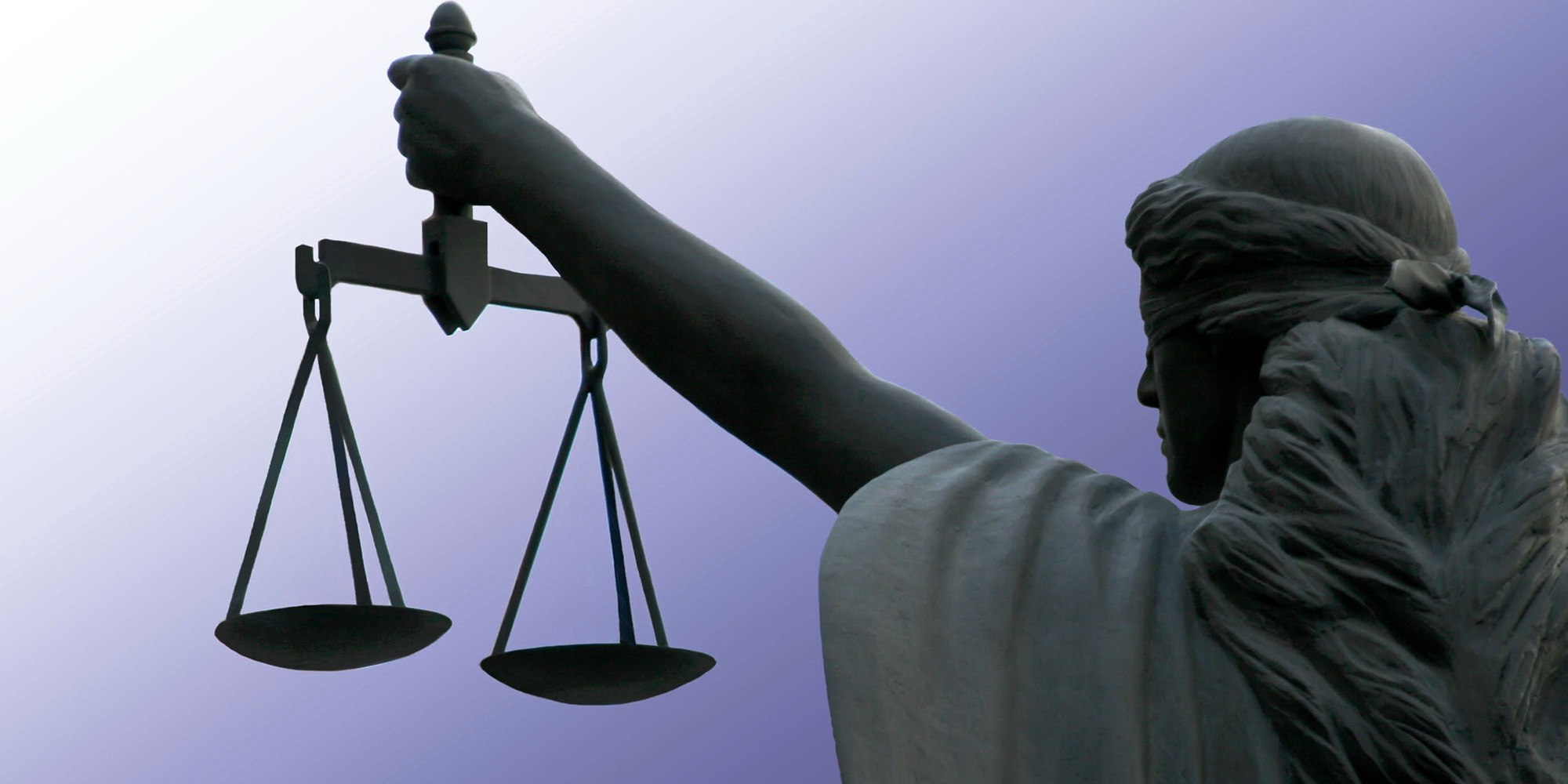A Brief History of Treaties in Canada
Treaty-making is not anything new in Canada. In fact, treaties pre-date the creation of the country and were instrumental in shaping what became...

Following every training session we ask learners if they would kindly take the time to fill in a survey about the training. We find these surveys invaluable as they help us ensure the training fulfills our on-site and public workshop clients’ needs, provides insight into what learners are interested in and provide ideas for new training modules, blog articles and ebooks. A survey from a recent training session included requests for more information regarding stereotypes about Indigenous Peoples.
In order to understand why there are stereotypes about Indigenous Peoples you have to take a look at Canadian history. When Europeans first arrived in what is now known as Canada they relied on the knowledge of Indigenous Peoples to help them survive the harsh winters and navigate their way through unknown terrain. When trading centres and routes became established European traders relied upon Indigenous Peoples as a source of furs.
Then the British, under King George III issued the Royal Proclamation in 1763 as a way of building and maintaining additional loyalties from Indigenous Peoples, thereby encouraging their support of England and reducing loyalties to the French, Spanish and Russians, creating key trading and military partners. This also gave King George III the support he needed to prevail over these competing colonizing and trading interests. [2]
During the half-century directly following the Royal Proclamation, the colonial governments of North America signed a number of peace and friendship treaties and treaties with Indigenous Peoples in order to retain them as allies and to obtain land for settlement and resource development... During this period of heightened treaty signing, the balance of power began to shift as the British consolidated their control. The pragmatism that had prompted the British Crown to protect Indigenous interests in the Royal Proclamation gave way to British paternalism, a policy of assimilation, and the attitude that Indigenous Peoples were British subjects - not equal, independent nations. [3]
Canada officially became a country in 1867 with the passage of the British North America Act at which time the federal government was given authority, under section 91(24) of the Act, to make laws about “Indians and lands reserved for Indians.” This was the point in history when the lives of Indigenous Peoples became increasingly constrained and controlled by government policies.
These policies created many of the issues and challenges Indigenous Peoples still live with today and contributed to the negative attitudes towards Indigenous Peoples. Let’s just say that if the first Prime Minister of the country considered Indigenous Peoples to be savages who should not be allowed to raise their own children, it’s not a stretch to believe that the voting public would adopt the same viewpoint.
So, why are there stereotypes about Indigenous Peoples? I think it was because there was a flip-flop in Indian Policy from that of equals and independent Nations to subjugation under the Indian Act, and now we have flip-flopped again, hopefully for the last time, back to strengthening the Nation-to-Nation relationship with Indigenous Peoples.
As always, thanks for reading.
[1] Bob Joseph and Cindy Joseph, Working Effectively with Indigenous Peoples®, 4th edition
[2] ibid
Featured photo: Shutterstock

Treaty-making is not anything new in Canada. In fact, treaties pre-date the creation of the country and were instrumental in shaping what became...

June is National Indigenous History Month - a time for all Canadians - Indigenous, non-Indigenous and newcomers - to reflect upon and learn the...

The doctrine of Aboriginal rights exists… because of one simple fact: when Europeans arrived in North America, Aboriginal peoples were already here,...